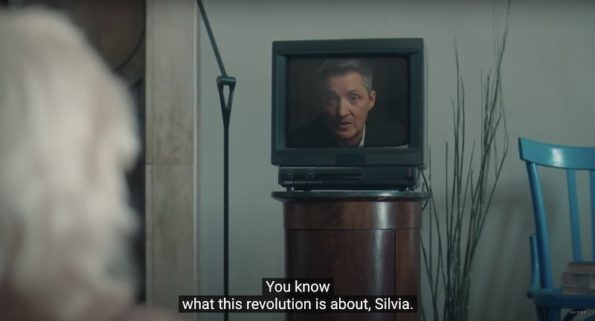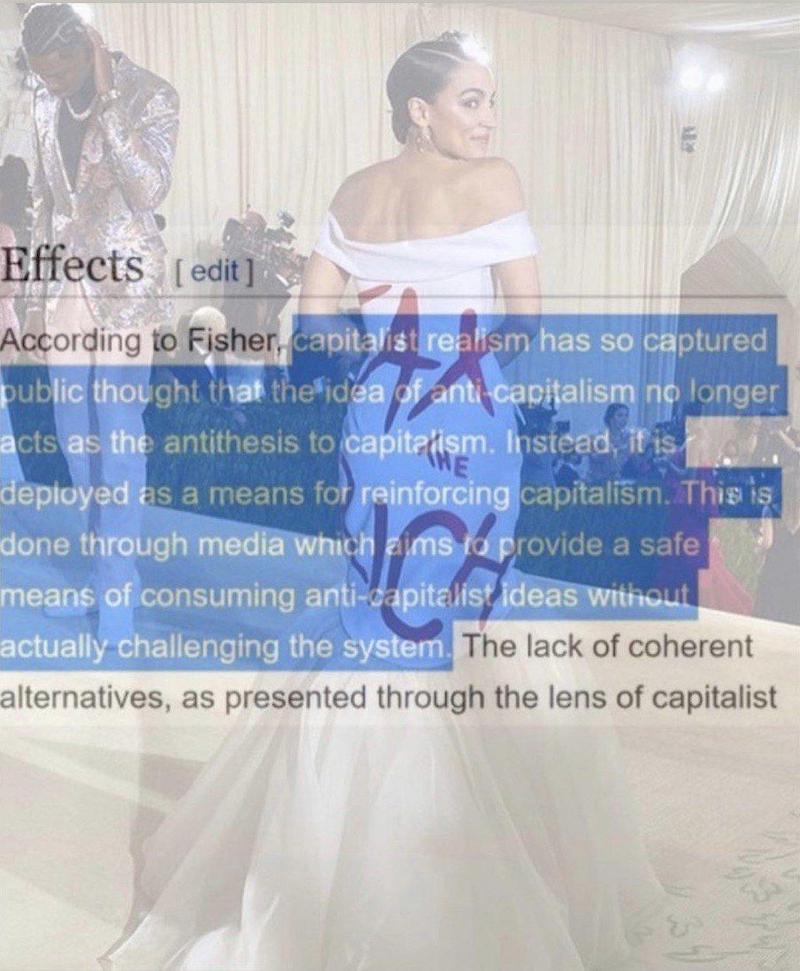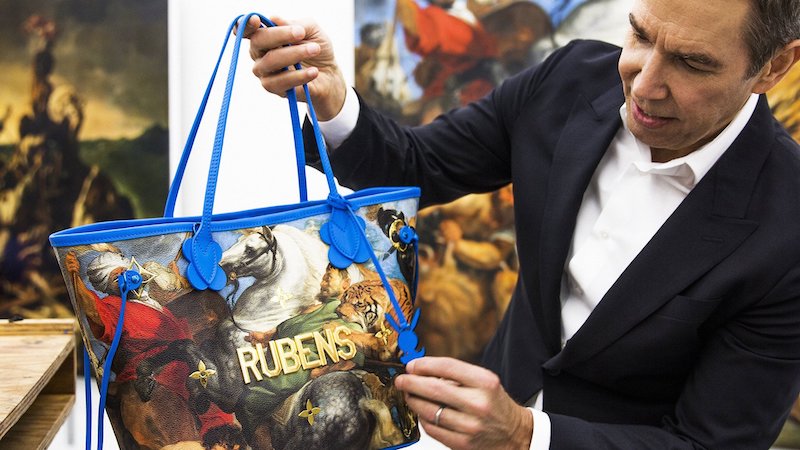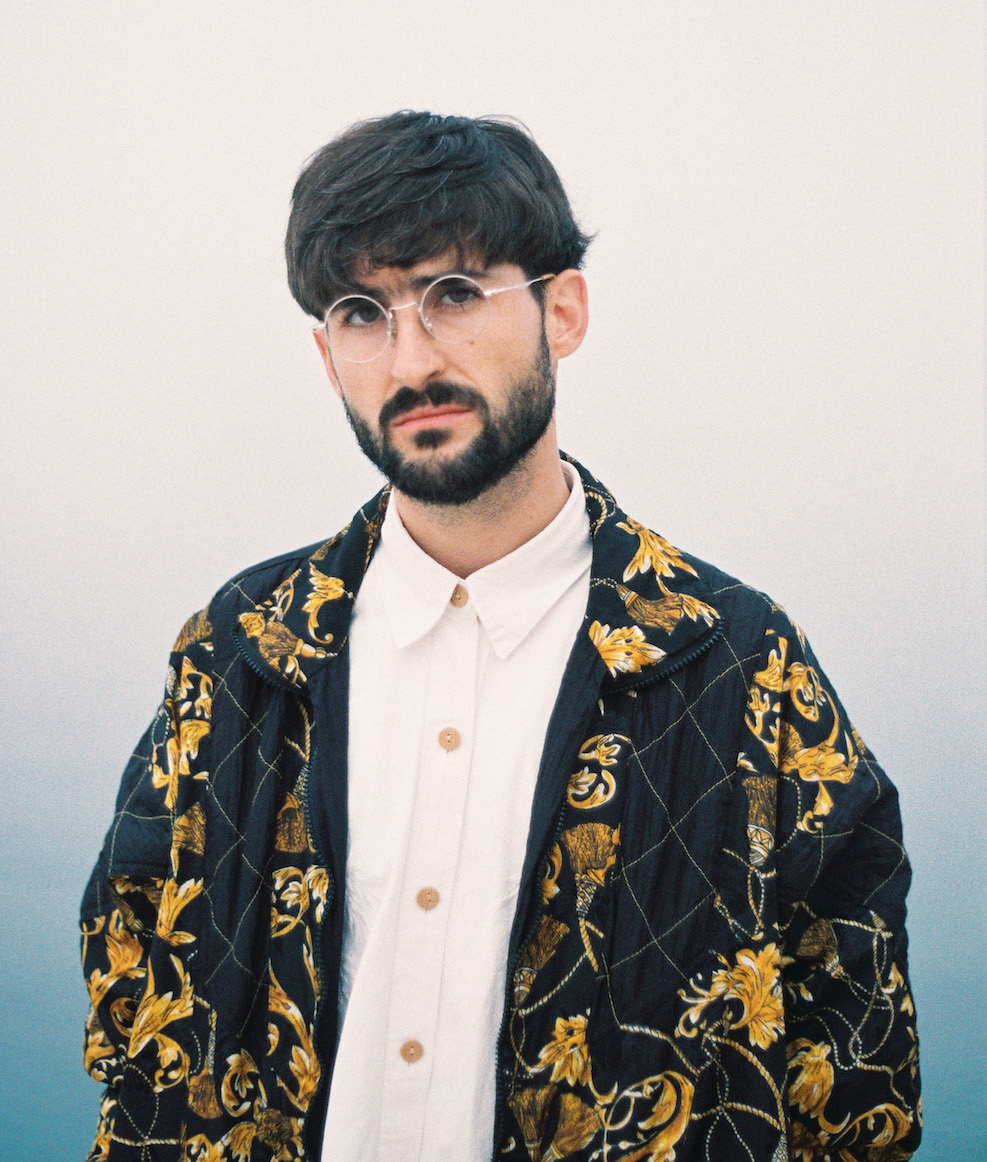Search
To search for an exact match, type the word or phrase you want in quotation marks.
A*DESK has been offering since 2002 contents about criticism and contemporary art. A*DESK has become consolidated thanks to all those who have believed in the project, all those who have followed us, debating, participating and collaborating. Many people have collaborated with A*DESK, and continue to do so. Their efforts, knowledge and belief in the project are what make it grow internationally. At A*DESK we have also generated work for over one hundred professionals in culture, from small collaborations with reviews and classes, to more prolonged and intense collaborations.
At A*DESK we believe in the need for free and universal access to culture and knowledge. We want to carry on being independent, remaining open to more ideas and opinions. If you believe in A*DESK, we need your backing to be able to continue. You can now participate in the project by supporting it. You can choose how much you want to contribute to the project.
You can decide how much you want to bring to the project.

The camera follows artist Silvia Calderoni inside an apartment as she practices yoga dressed in a lace outfit, an absurdly aesthetic experience that includes a monologue in which Paul B. Preciado analyzes the effects of binarism on a television screen. Are we looking at a transgressive film (paid for by Gucci and directed by Gus van Sant) or is this the longest commercial in history?
Although the revolutionary power of fashion is unquestionable, with personalities like Franca Sozzani investing part of her career in it, the way in which this industry co-ops activist discourses is full of contradictions. The normalization of normal bodies supposes, for example, the mere correction of violence perpetuated by its own standards. It is equally absurd to use the word “sustainable” in business formats that have gone from producing two collections to launching up to ten a year (clothing production doubled between 2000 and 2014).
This month we have offers four very different visions that examine the trend towards activism in the fashion world. Jesús Nebreda analyzes what happens when Balenciaga’s most radical anti-outfit infiltrates the Met gala. Elena González examines the depth with which feminism has marked the last stage of Dior. The designer Raquel Buj shares her work and forms of production in an interview in which she talks about bio-fabrication, technology and crafts. And, finally, Sorcha Brennan develops an approach to the performativity of social aesthetics of luxury.
Despite the fact that the historical role of fashion in the liberation of women and in the visibility of the LGTBQ + community has been courageous at times, the ways of dealing with some issues accentuate the superficiality of the market. The capital of a brand grows along with the ethical values it projects, such that its rebranding becomes a mere tool that, in most cases, neither attacks nor criticizes the system, but rather perfects and legitimizes it.

Meme made from an image of Alexandria Ocasio-Cortez with a phrase from Capitalist Realism by Mark Fisher, 2021
And then there’s Alexandria Ocasio-Cortez, whose genius allows her to use the codes of any platform to amplify her discourse and reach audiences that might not otherwise know of her political engagement. Although we do not know exactly what Mark Fisher would have thought of his outfit at the Met, certain memes that emerged from Tax the Rich perfectly define the way in which this market has appropriated activist discourse. These memes embody more creativity than the entire collection Jeff Koons made for Louis Vuitton, which represents, by the way, a system that exploits people throughout the world and which uses art merely to give a more sophisticated sheen to products for a very exclusive audience.

Jeff Koons with a bag from his Masters collection, a collaboration with Louis Vuitton, 2017
(Cover photo: Paul B. Preciado in a still from Something that Never Ended, Gus Van Sant for Gucci, 2020.)

Roberto Majano was born in a walled city of medieval essence the year the USSR was dissolved. An art historian and cultural manager, his career has developed in the fields of communication, education and public relations. With a rural childhood and a nomadic life, his experience is divided between Spain and Italy, where he has curated several contemporary art exhibitions and collaborated with different institutions in the development of cultural events.
"A desk is a dangerous place from which to watch the world" (John Le Carré)